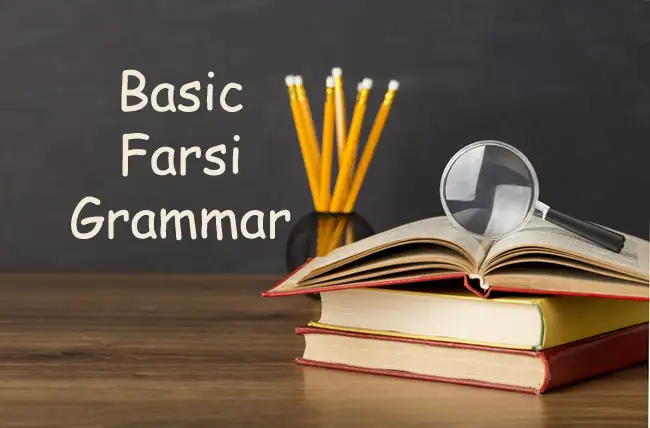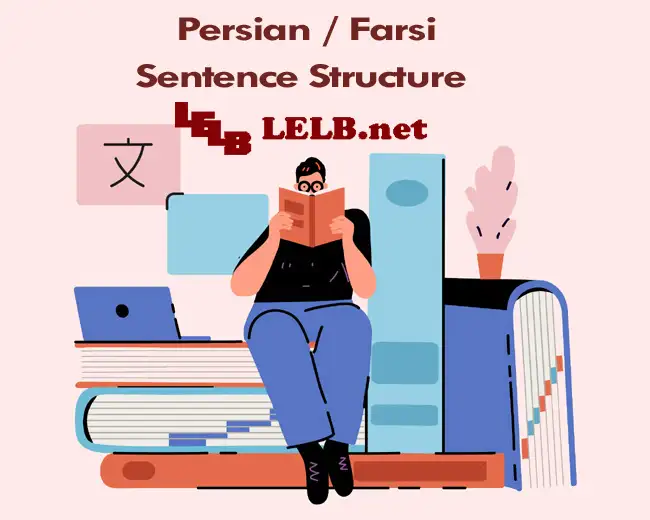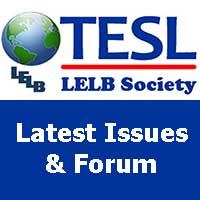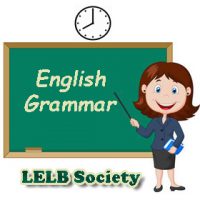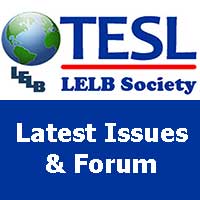Basic Farsi Grammar with 25 Persian Lessons + Videos
Do you need to learn basic Farsi grammar easily to speak Persian and write in Farsi flawlessly? Although it might first seem rather intimidating to learn Persian grammar, we reassure you that learning Farsi grammar is a lot easier than what you think. However, this largely depends on whether you use an operational learning method …
